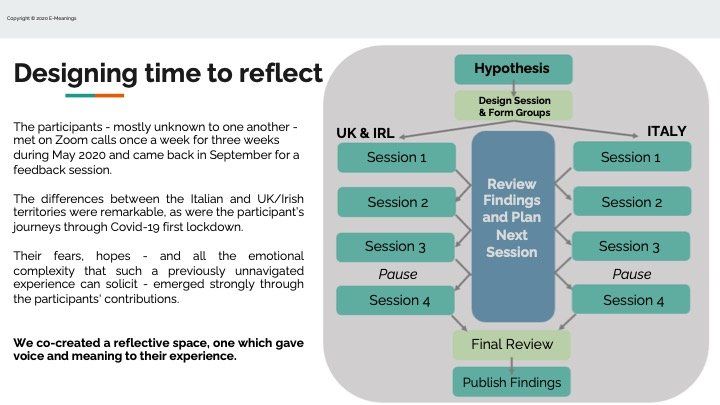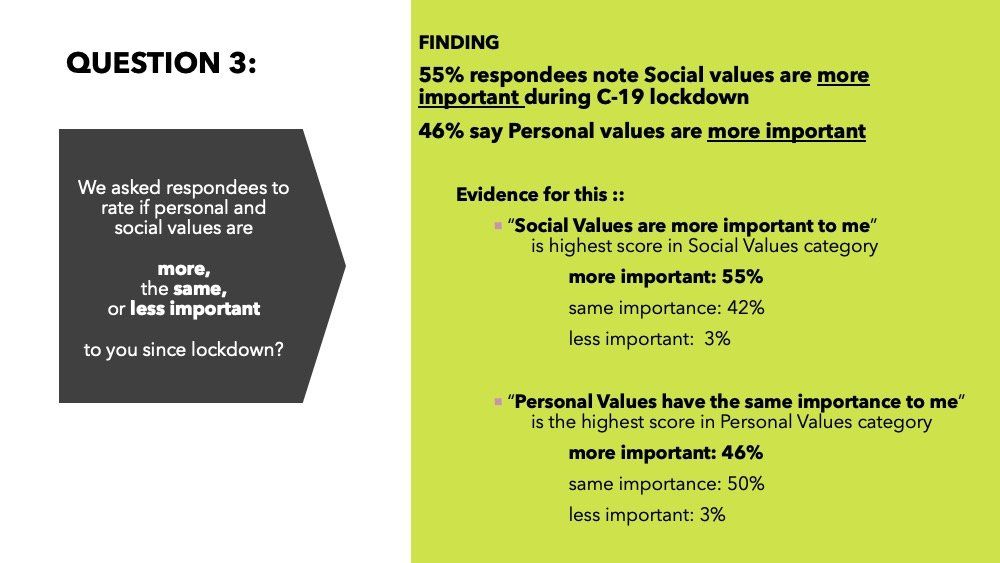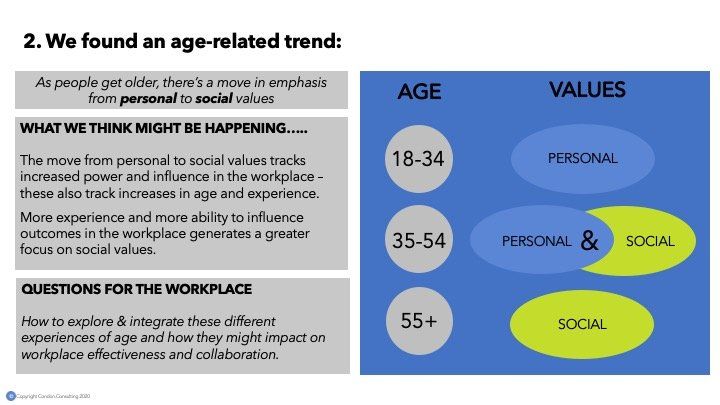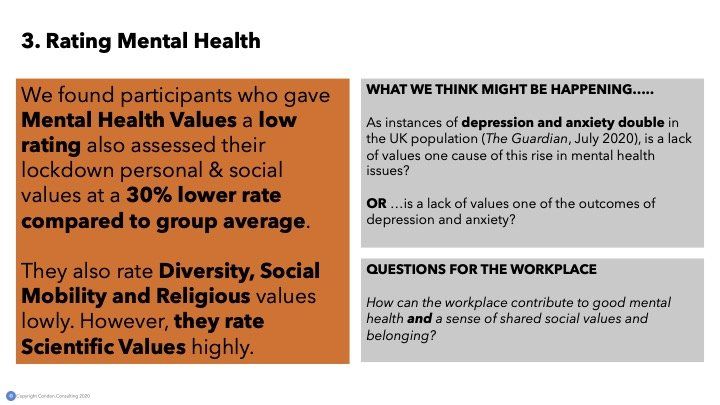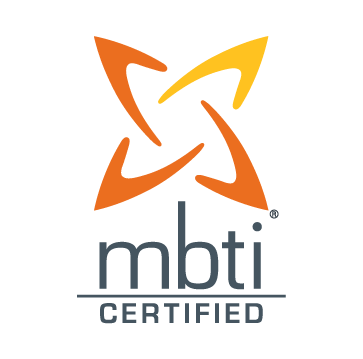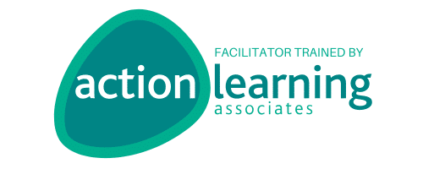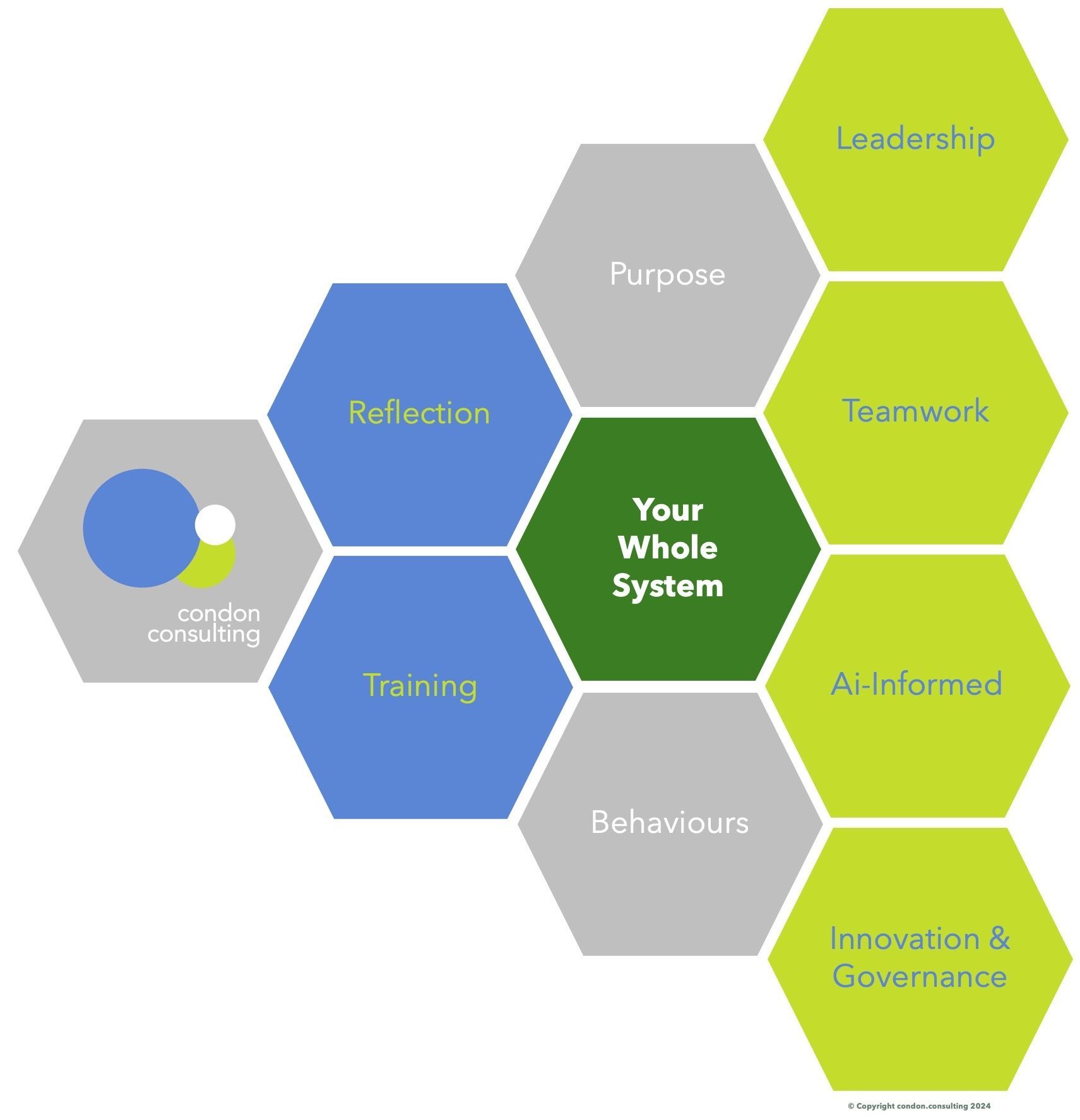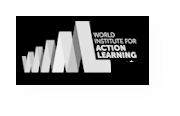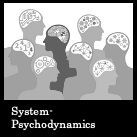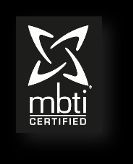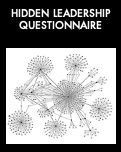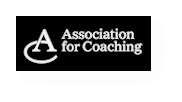Research Driven Consultancy
Evidence-Based Insights
Evolved Leadership. Data-Supported Decisions. Future-Focused Insights.
Principled Consultancy.
Our research looks at the changing worlds of work, and society
Current Research Focus Areas:
AI & Leadership Integration
- How AI enhances executive decision-making
- The psychology of AI adoption in leadership
- Future workforce implications
ESG & Mental Health Convergence
- Mental wellness as an ESG priority
- Leadership stress and organisational performance
- Sustainable leadership practices
MBTI & Modern Workplace Dynamics
- Personality type effectiveness in hybrid work
- MBTI applications in AI-augmented teams
- Communication optimisation in distributed teams
Governance Evolution
- Board effectiveness in the AI era
- ESG governance best practices
- Director competency requirements
All research directly informs our consulting methodologies, ensuring clients benefit from the latest evidence-based practices.
Who’s in Charge Here?
Play, Authority, and AI in the Anthropocene
Project led by: Josephine Matthews, Josephine Baker and John Condon
What is your relationship to AI? What are your hopes and fears?
We presented our findings at OPUS' 2026 Conference, February 2026
Capacity to Play, Capacity for Governance:
Authority, Anxiety and Artificial Intelligence: Extending Systems-Psychodynamic Analysis of Human-AI Dynamics
Research Overview
Our latest research project explores a striking paradox at the heart of contemporary AI adoption: whilst half of our 640 survey respondents use AI weekly or more frequently, a significant undercurrent of anxiety permeates their relationship with these technologies. Through a systems-psychodynamic lens, we investigate how this tension between engagement and apprehension may be inhibiting what Winnicott termed our "capacity to play" - that crucial transitional space where creativity, learning, and adaptive growth occur.
The study reveals a concerning authority vacuum in AI governance, with only 13% of respondents having received formal AI training despite widespread organisational adoption. This gap suggests what Jung described as "participation mystique" - an unconscious delegation of critical thinking to algorithmic systems, potentially undermining genuine competence development and reflective capacity.
Key Research Findings
Our investigation uncovered four interconnected dynamics that organisations must address to move from what we term "magical thinking" to mindful AI integration:
The Play Paradox: Despite high usage rates, respondents struggle to maintain the exploratory stance necessary for adaptive learning alongside evolving AI capabilities. A quarter of participants anticipate negative impacts from AI, creating defensive rigidity that prevents the curiosity essential for co-evolution with artificial intelligence.
The Authority Vacuum: With 87% of users operating without formal training, organisations risk creating what we observe as "apparatus for thought" delegation - where the anxiety of not understanding AI is managed through over-reliance rather than developing genuine governance capabilities.
The Sustainability Consciousness Gap: Our data reveals a collective splitting defence, where AI is experienced as ethereal and disconnected from material reality. 87% of users engage with AI without any sustainability framework, suggesting an unconscious collusion with techno-solutionism that avoids confronting environmental consequences.
Governance Through Reflection: Only 32% of users operate within any governance framework, indicating a lack of what attachment theory describes as a "secure base" - the contained environment necessary for confident exploration and learning.
Implications for Leadership and Organisational Development
This research directly informs our consulting methodology, highlighting the critical need for organisations to develop what we term "AI-in-the-Mind" - a reflective capacity that balances technical competence with governance accountability whilst maintaining curiosity about evolving capabilities.
Our findings suggest that effective AI integration requires more than technical training; it demands the creation of "transitional AI spaces" where teams can process anxieties through creative engagement rather than defensive avoidance. This approach aligns with our broader consultancy philosophy of integrating psychological insights within business contexts to create sustainable, human-centred solutions.
The research underscores the importance of moving beyond binary thinking about AI adoption towards a more nuanced understanding of how individuals and organisations can develop authentic authority in their relationship with artificial intelligence - neither surrendering critical thinking nor rejecting transformative potential.
This research forms part of our ongoing investigation into Authority, Anxiety and Artificial Intelligence
We planted a tree for each survey completed - thank you to the 640 participants
We will be publishing a detailed academic paper in March 2026
Jo Matthews, Jo Baker, John Condon
What happens when the family system encounters the work system and the school system during a pandemic?
A project investigating the intersection of the family, school, and work systems, during the Covid-19 lockdowns.
May-September 2020.
Project Consultants: Elena Massardi, Bianca Indipendente, John Condon
This project's aim was to explore and address the emotional impact of the remote-working experiences that have affected organisations and families, as the office-based workforce works from home wherever possible to minimise contact during the Spring 2020 Covid-19 outbreak.
Workshops were conducted in the UK/Ireland, and in parallel, in Italy, to compare and contrast experiences. The project uncovered interesting topics related to participants' challenges, and their ability to navigate demanding & fluid family/work/homeschooling systems during these unprecedented times.
Project Detail:
The project starts from the hypothesis that working remotely during the coronavirus outbreaks is characterised by a loss of separate identity between personal and professional lives. Employees have been forced to work from their home while sharing physical and psychological space with other members of the families, including their children who are studying from home.
This project looked in depth at the intersection between three systems: the HOME system, the WORK system, and the SCHOOL system, during the lockdown period, comparing the British and Irish experience with the Italian experience; the sixteen participants - eight in both groups - each took part in four sessions. The full results of these eight sessions will be shared in Autumn 2020. We are grateful to the project participants for their sharing their experiences during lockdown and after the Summer 2020 break, as their children returned to school in person.
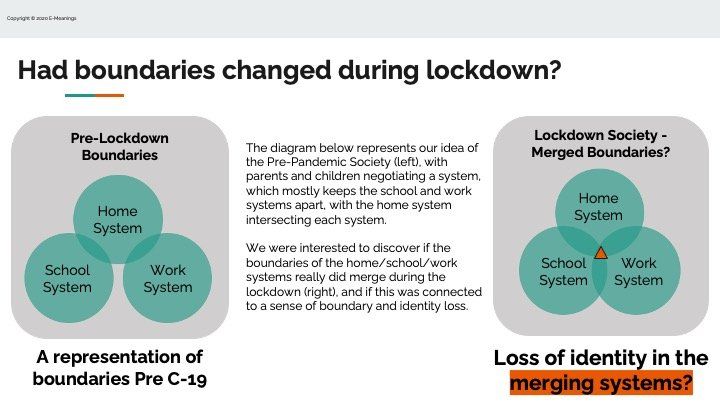
Here is a summary of our findings, which were peer-presented at OPUS
The Project is outlined in three parts, and summarised - click on the buttons below for details:
Changing Values During a Pandemic?
Research on Changing Values
During First UK Covid-19 Lockdown
April - October 2020. Project led by: Josephine Matthews and John Condon
The Covid-19 pandemic turned our worlds and our value systems upside down. Easy access to food, our ability to work in offices, to send children to school, to meet friends, and to travel, have all been dramatically affected by the lockdown designed to prevent the spread of Covid-19. We have had to look within ourselves, to our family/friend/neighbourhood structures, to our communities, society, our organisations and government as never before.
As countries prepare to gradually ease restrictions, we are carrying out a project based around a research question aimed at researching how 'new normal' personal and societal values will impact on leadership, teams, and organisations:
Which personal values that you found important during the COVID-19 lockdown do you wish to see emphasised in a post-lockdown organisation, in a 'new normal' society?
160 participants took place in the survey, and we launched our findings on World Values Day , the 15th October 2020, at an online event kindly hosted by OPUS.
Here is a summary of our findings, which were peer-presented
on World Values Day, 2020:
Blog Series:
How to spot the signs of anxiety in your organisation…
…and how to help...
by Josephine Matthews
Whether we plan to or not, we take our experiences and their emotional impact to work with us. This is particularly important to acknowledge as we begin to emerge from a global pandemic that has disrupted and changed our work and personal lives in ways we could not have imagined a year ago. Much of the workforce is stressed and anxious about the future.
As the world starts to emerge into the workplace and work life; perhaps in some new and unfamiliar ways, it feels timely and important to address these issues.
Blog Series Part 1 :: How can leaders spot an anxious organisation and behaviours?
In the first blog below, Josephine discusses the subject of anxiety in organisations. The blog will also cover ways that these issues can be practically addressed. Given the impact of the past year it is vital that organisations know how to plan and build a future that is not negatively impacted by unaddressed and unseen fears.
Blog Series Part 2 :: The connections between Blame and Anxiety
In Josephine's second blog post, she explore how Blame and Scapegoating may be an indicator of anxiety. Blame is a familiar dynamic in the world of work. Many of us will have our own examples - we might have observed a particular member of staff or an entire department labelled as problematic, incompetent or the root cause of organisational problems. We may have even been the ‘blamer’ or - tougher still - the target of the blame... How do we avoid being negatively impacted by unaddressed fears, and the resulting cultures of blame.
Blog Series:
Using Myers-Briggs to help implement change, and manage remote/hybrid teams by John Condon
Based on Carl Jung’s Theory of Psychological Types, the MBTI is a self-reported personality survey - respondents answer a series of simple questions about their feelings and preferences, and through discussing and understanding their preferences, we determine their best-fit type, one of 16 personality types. The Covid-19 pandemic brought about a huge shift in our working patterns, and our relationship to the office. Remote work has given many of us a new perspective on how we do our jobs. Without the context of a shared workspace or the rhythm of a typical office day, our own personalities are perhaps having far more of a say in our performance. Leadership in organisations also has to take account of integrating the potential of Ai, and working with Environmental Social and Governmental aspects. To maximise our output in a remote working/hybrid working environment it really helps to better know our personalities—and those of our dispersed colleagues.
Each of these types is identified by four letters, starting with an:
Extraversion (E) or Introversion (I)
Sensing (S) or Intuition (N)
Thinking (T) or Feeling (F)
and Judging (J) or Perceiving (P)
To determine your/your team’s best fit type, we use the online portal questionnaire, then we book a session to review your preferences; we are certified to assess for levels 1 and 2.
Blog Series Part 1 :: Approaching our Goals
Goals are vital in Coaching and Organisational Development. This blog looks at how MBTI can help us achieve the objectives we set out for ourselves. We examine some of the strengths and weaknesses each MBTI type experiences when they set goals and aim to achieve them:
Blog Series Part 2 :: Change through an MBTI lens
Here, we look at how change is perceived by each of the 16 types; John looks at how change is best approached, and negotiated. This may be especially helpful if a colleague or team member is struggling with change, and/or the team or organisational style of presenting/working with change.
Privacy & Legal Notices
For our research projects and in the generation of project data (both qualitative and quantitive), we work to the highest ethical standards. We take personality profiling and the use of psychometric testing very seriously. Everything we do at condon.consulting is in accordance with the Chartered Institute of Personnel & Development’s (CIPD) and British Psychological Society's (BPS) codes of conduct.
Please see our Privacy Notice which outlines how we treat data, and how we hold communication data in line with GDPR compliance.
